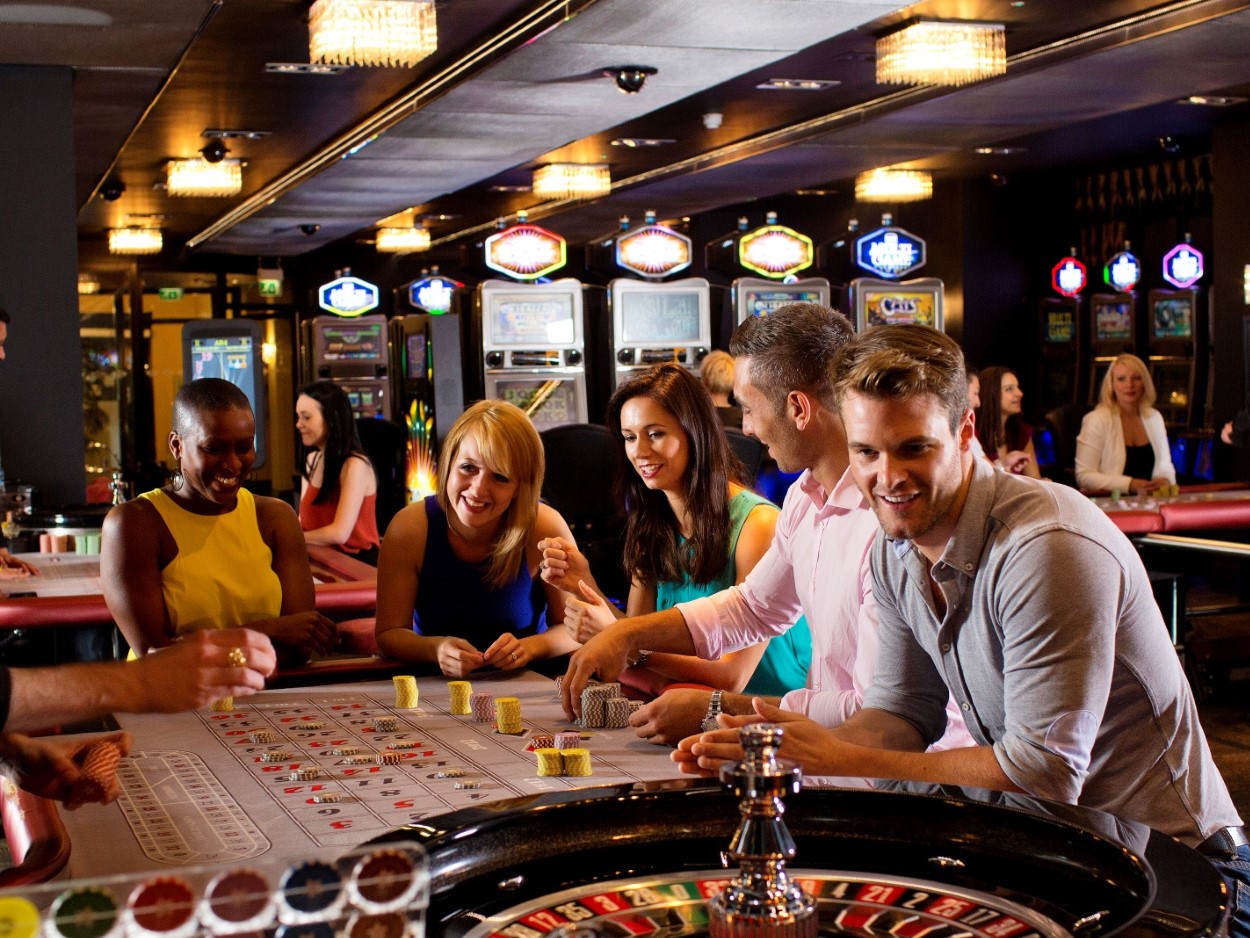
Casino experiences have long captured the fascination of individuals around the globe, becoming an essential part of both entertainment and culture. From the glimmering lights of Nevada to the engaging experience of virtual casinos, these activities evoke excitement, risk, and sometimes even a sense of nostalgia. They are more than simply pastimes; they have woven themselves into the texture of human experience, influencing various aspects from cinema and music to clothing and writing.
The appeal of casino games goes beyond the betting aspect, tapping into wider themes of serendipity, chance, and human behavior. As players gather around a gaming table or turn the wheel of fortune, they engage in an age-old ritual that echoes with our collective desire for excitement and unpredictability. This obsession has led to the emergence of numerous references in films, songs, and gaming, showcasing how deeply entrenched these pastimes are in popular culture. Whether it is the pressure of a traditional robbery film or the colorful nightlife portrayed in videos, casino games have created a substantial niche that reflects our relationship with reward. MM88
Historical Significance of Casino Games
Gambling games have played a crucial role in social aspects throughout the ages. Stemming from old civilizations, games of chance were often connected to ceremonies or gatherings. For instance, early iterations of gambling can be linked back to ancient China and the Romans, where die games and wagering on outcomes were common pastimes. These activities not only functioned as leisure but also as means of social interaction, facilitating connections among individuals within communities.
As cultures evolved, so did the complexity and structure of gambling games. The creation of official casinos in the 17th century, particularly in Italy, marked a notable shift in how games were perceived and organized. With designated spaces for gambling, the casino became a social hub where people from various backgrounds convened. This evolution contributed to the validation of the industry, transforming it from a mere pastime into an established industry that influenced the economy and policy.
The impact of gambling activities on popular culture cannot be understated. As they were brought into the limelight in literature and movies, games such as poker and blackjack became symbols of risk, chance, and strategy. Famous characters and stories have developed around these games, reflecting societal attitudes towards fortune, prosperity, and vice. This fascination with gambling games has infiltrated various forms of media, cementing their status in the public imagination and connecting them to broader cultural stories throughout the ages.
Portrayal of Gambling Activities in Media
Gambling games have long been a popular theme in different types of entertainment, reflecting both the thrill and intricacies of gambling culture. Films such as Ocean’s 11 and Casino Royale portray characters who navigate dangerous scenarios, showcasing not only the appeal of the gambling environment but also the tactics and judgments that come with playing popular games like poker and blackjack. These movies often dramatize the thrill of winning and the potential consequences of losing, encapsulating the dangers involved in betting.
TV programs have also explored the world of gambling activities, often integrating them into the narrative as a backdrop for character development and conflict. Series like Vegas depict the experiences of casino workers and customers, highlighting the lively, often chaotic energy of the casino floor. Reality shows featuring high-stakes betting contests further emphasize the fascination of gambling activities, drawing viewers into the drama and strategy involved in each session. Through these depictions, media not only entertains but also prompts conversations about luck, skill, and the character of chance.
Digital games have increasingly integrated casino games into their development, allowing players to simulate the thrill of betting without monetary loss. Titles within the landscape of online gaming often include online slot machines, online poker, and other popular casino games, creating an engaging environment that mirrors real-life gameplay. These virtual portrayals make casino games accessible to a worldwide viewer base, appealing to both players who indulge and those who enjoy the rush of simulation. As a outcome, the portrayal of gambling activities in media continues to shape societal views and cultural relevance, highlighting their function in entertainment and culture.
Effect of Gambling Activities on Society
Casino games have a significant effect on communities, affecting multiple facets of societal norms and social behavior. MM88 They often serve as a platform for social interaction, where people come together to experience a shared experience. Game nights with friends or visits to casinos become group events that foster connections and create shared moments. This collective aspect boosts the fun value of gambling activities, making them a popular choice for festivities and leisure activities.
Moreover, casino games have been portrayed in countless movies, TV series, and literature, influencing views and opinions towards gambling and gaming. Icons like James Bond competing in baccarat or the high-stakes poker scenes in films have cemented these games in the collective imagination. This representation often glamorizes the culture associated with casino activities, attracting new players and influencing trends in both fashion and behavior. These representations can ignite curiosity and lead to a deeper exploration of the intricacies of gambling.
Nonetheless, there are also adverse consequences linked to the widespread appeal of gambling activities. The temptation of quick monetary gain can lead to gambling addiction and financial troubles for some people. The community must contend with these issues, advocating for responsible gaming and awareness of the risks involved. Balancing the fun aspect of casino games with the potential for harm is crucial to ensure that they remain a beneficial aspect of our societal fabric.